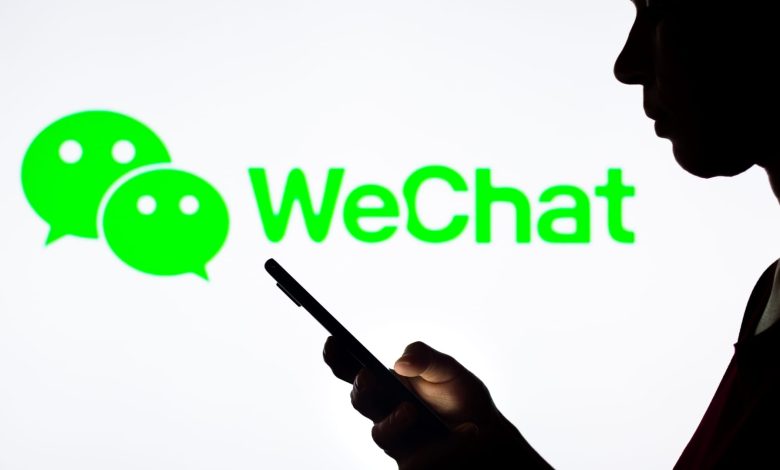Tencent bets on WeChat empire to get ahead in China AI race

China has not released specific regulation around non-fungible tokens. But technology platforms like Tencent’s WeChat are taking a cautious approach to prevent speculation with NFTs.
Sopa Images | Lightrocket | Getty Images
Tencent‘s WeChat app is indispensable for people in China.
It has 1.4 billion monthly users and is the main messaging service in the country. But it is more than just a way to chat with friends and family. WeChat is often dubbed a super-app because, within the program, you can access many different features like mobile payments and services, such as gaming, booking flights and even paying utlity bills.
Tencent executives think this will give it an edge in China’s intensely competitive field of artificial intelligence, where tech giants are spending billions of dollars to get ahead.
During a Wednesday earnings call, the Shenzhen-headquartered firm was asked about “agentic AI” — the current obsession of companies around the world.
While various companies have differing takes on the phrase, it is broadly understood to refer to AI designed to carry out tasks on behalf of a user. For example, you can prompt the AI on a smartphone to book you a restaurant, and it will work to complete the task across various apps, such as your browser and maps. It’s something akin to what Google is working on with Gemini on Android devices or other chatbots like OpenAI’s ChatGPT.
Tencent has its own chatbot called Yuanbao, which is based on the company’s foundational model and that of DeepSeek, the startup that caused shockwaves across the world at the start of this year with its high-performing AI. Tencent said this will eventually be advanced enough to become a “general agentic AI.”
But it is competing with products from rival giants, including Alibaba‘s Quark chatbot and Baidu‘s Ernie. And Martin Lau, president of Tencent, admitted during an earnings call on Wednesday that this would be “not much different” to other agentic AI provided by its competitors.
The executive nevertheless said there is a second product that will set it apart from its rivals — AI that sits within WeChat, or Weixin, as it’s known in China.
“Within the Weixin ecosystem there is the opportunity for us to create a pretty unique agentic AI that connects with the unique components of the Weixin ecosystem,” Lau said.
He mentioned various features of WeChat including content creation, messaging and Mini Programs — all apps that sit within WeChat.
“[This] actually gets into all kinds of information as well as transactional and operative capabiltiies across many different verticals of applications. That will be extremely unique compared to other more general agentic AIs and that’s sort of a very differentiated product for us,” Lau said.
Tencent has already started to launch AI tools in WeChat, including search and content generation. But Lau’s comments speak to Tencent’s longer term vision in China, where competition in AI continues to ramp up.



